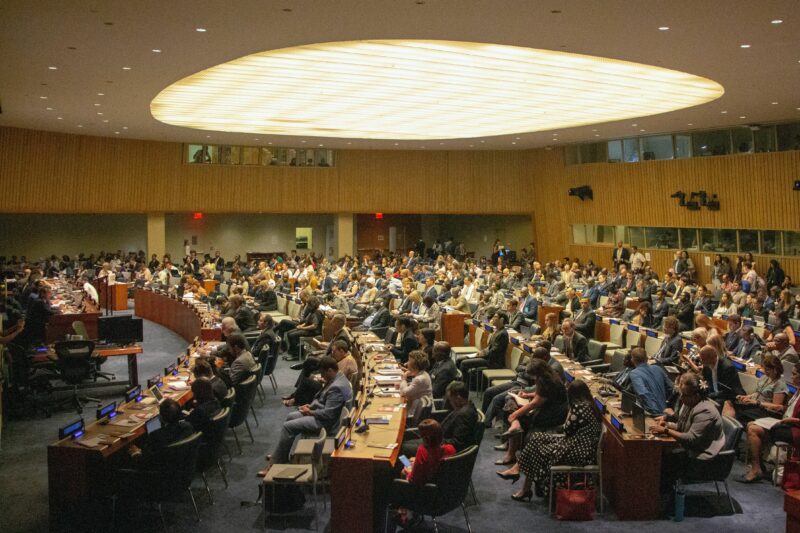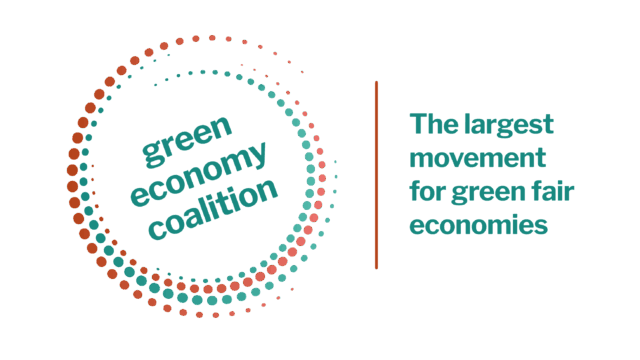The SDG Summit: Opportunities to accelerate progress towards achieving the SDGs
A critical juncture for global leaders, policymakers, and the private sector to come together to discuss the beginning of a new phase.

Once again, the world turns its attention to New York City, and the second Sustainable Development Goals (SDG) Summit, as part of the UN General Assembly. This event marks a critical juncture for global leaders, policymakers, and the private sector to come together to discuss the progress made toward achieving the SDGs. More importantly, it will mark the beginning of a new phase of accelerated actions leading up to 2030.
One of the most promising signs of progress we've witnessed in recent years is the private sector's growing commitment to sustainability reporting. According to KPMG's 2022 study, 96% of the world's largest 250 companies now produce sustainability reports adhering to accepted standards, with 70% of them using the Global Reporting Initiative (GRI) Standards.
While this is undoubtedly a step in the right direction, there's still significant room for improvement. For instance, only 10% of these companies report against all 17 SDGs. Most prefer to focus on a select few that align closely with their products and processes. Furthermore, most companies emphasize the positive impacts they have on the SDGs, often neglecting to address areas where improvements are needed.
It's clear that companies need to elevate their reporting efforts when it comes to the SDGs, and the GRI Standards are well-suited for this purpose. GRI has made available a few essential tools for integrating the SDGs into sustainability reporting.
Governments can also play a more active role by requiring private sector reporting on the SDGs. This requirement would serve two crucial functions: tracking the success of national policies and stimulating investments in domestic industries committed to sustainability.
“ Our hope is that more organizations, investors, and policymakers will prioritize the availability and use of high-quality data to inform their decisions.”
We hope that governments will use the SDG Summit to explore strategies for engaging with the private sector and their public sector organizations to tackle sustainability challenges while capitalizing on the economic advantages of doing so. Central to this effort is the collection of reliable data on the private sector's contributions to the SDGs.
A shining example of how this can be achieved is GRI’s collaboration with the National Planning Department (DNP) of Colombia and UNDP's Business Call to Action. Together, we've launched the SDG Corporate Tracker, an online platform aligned with the GRI Standards. This innovative tool streamlines the assessment of how companies contribute to SDG achievement.
Our hope is that more organizations, investors, and policymakers will prioritize the availability and use of high-quality data to inform their decisions. Mandating sustainability reporting that is aligned with sustainable development and fostering collaboration between the public and private sectors are concrete actions that can accelerate progress towards achieving the SDGs. The SDG Summit provides the ideal platform to make this commitment and drive sustainable change forward. Together, we can transform the world and secure a brighter future for all.
- Professor Carol Adams is Chair of the GRI's Global Sustainability Standards Board


